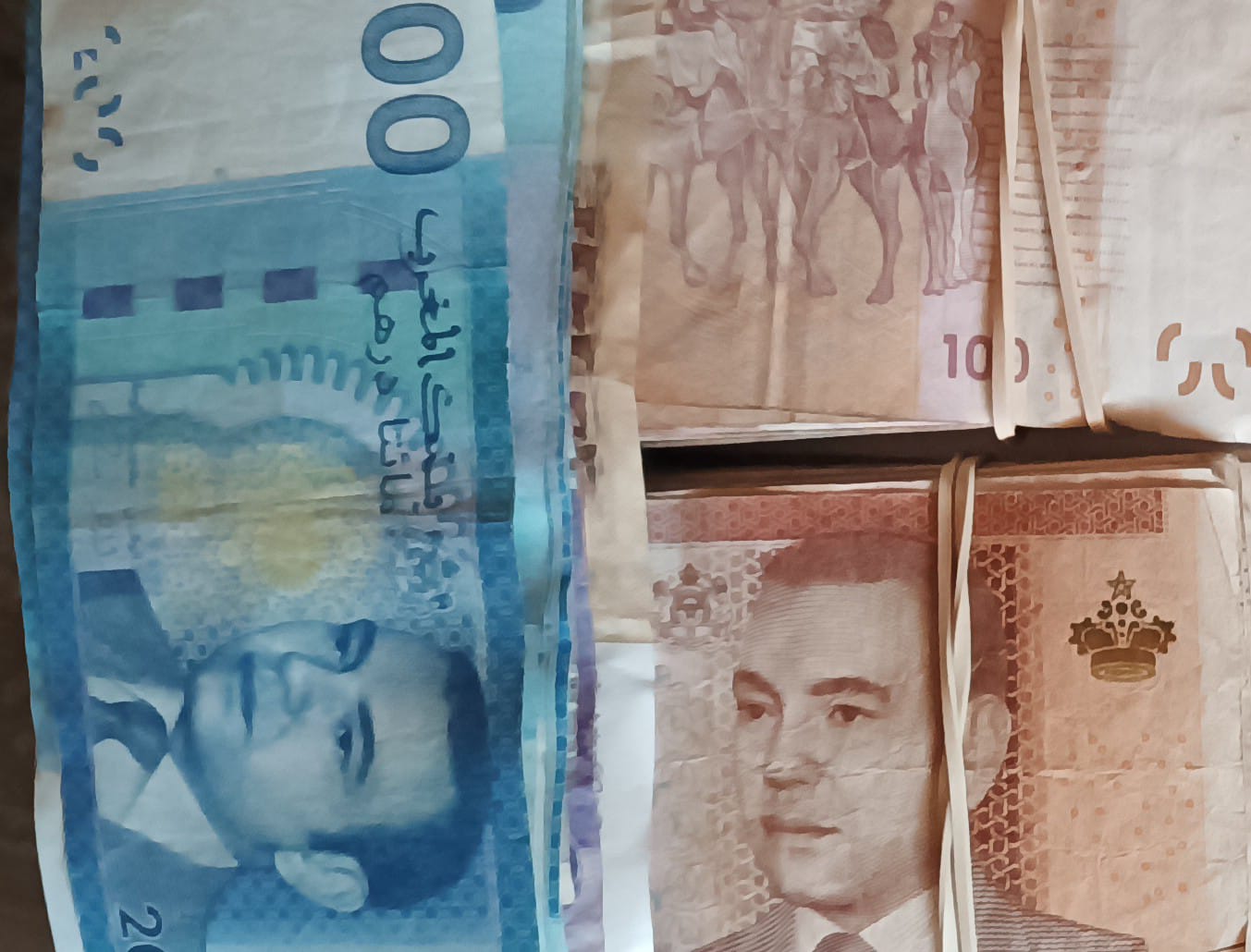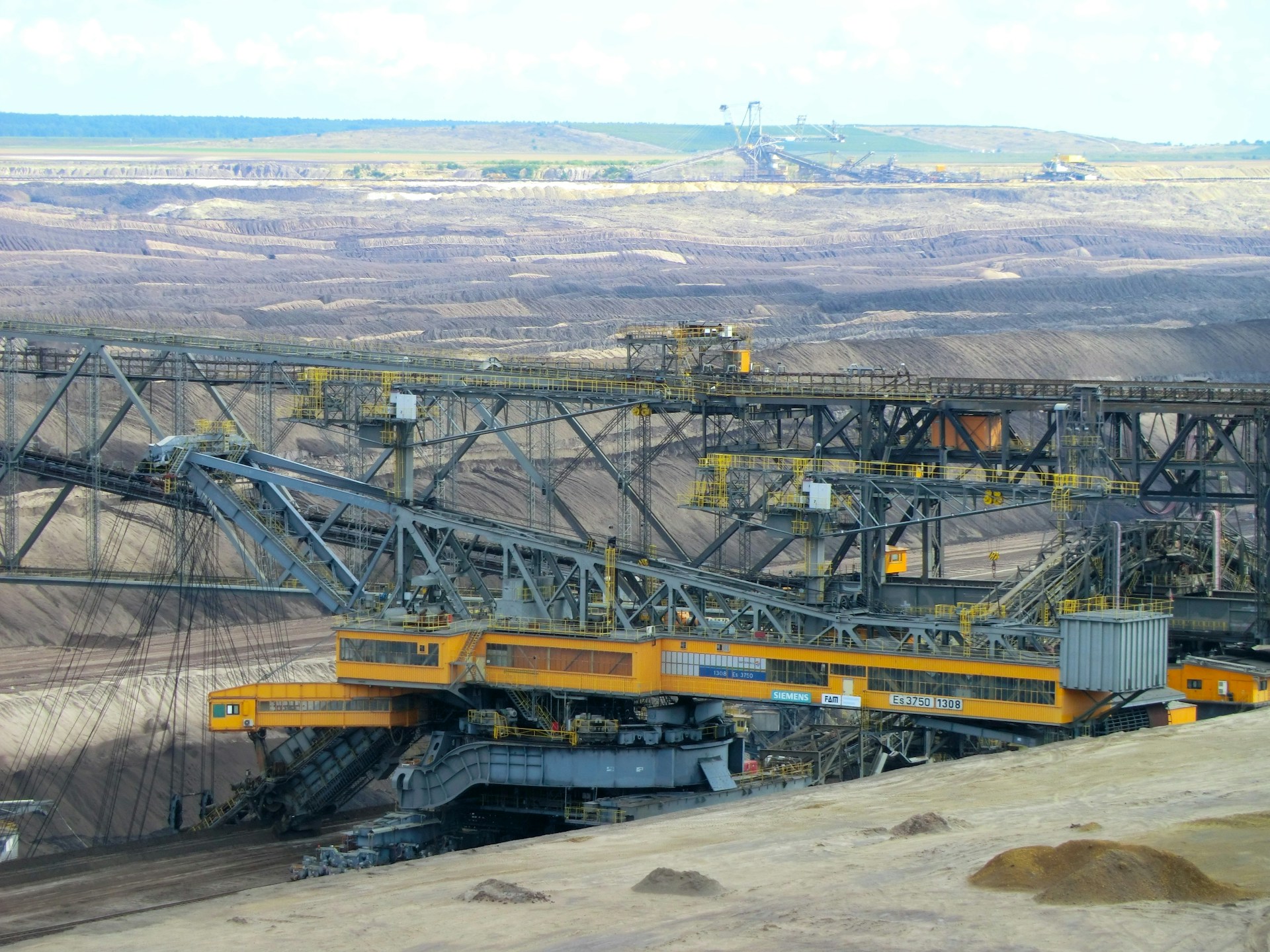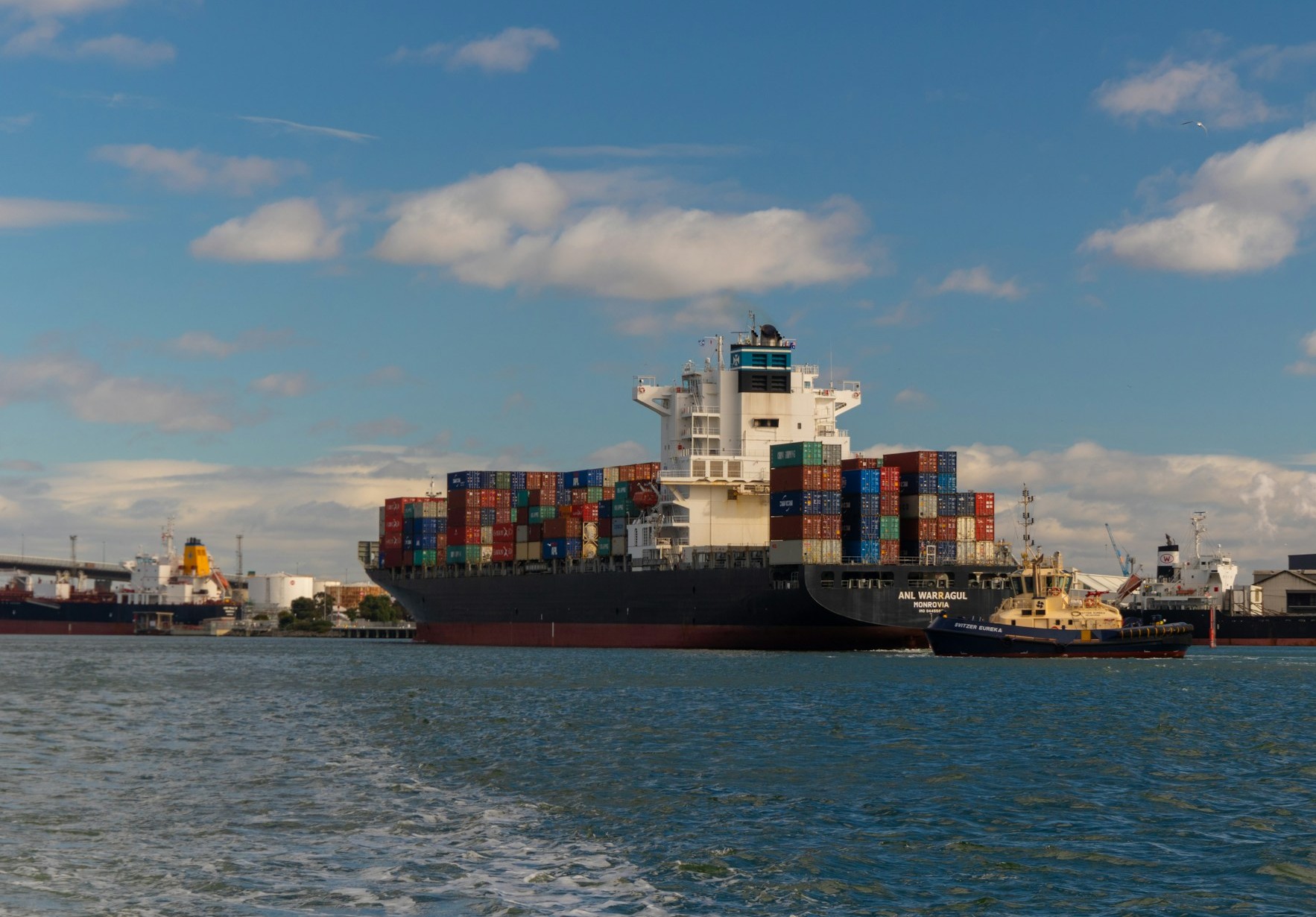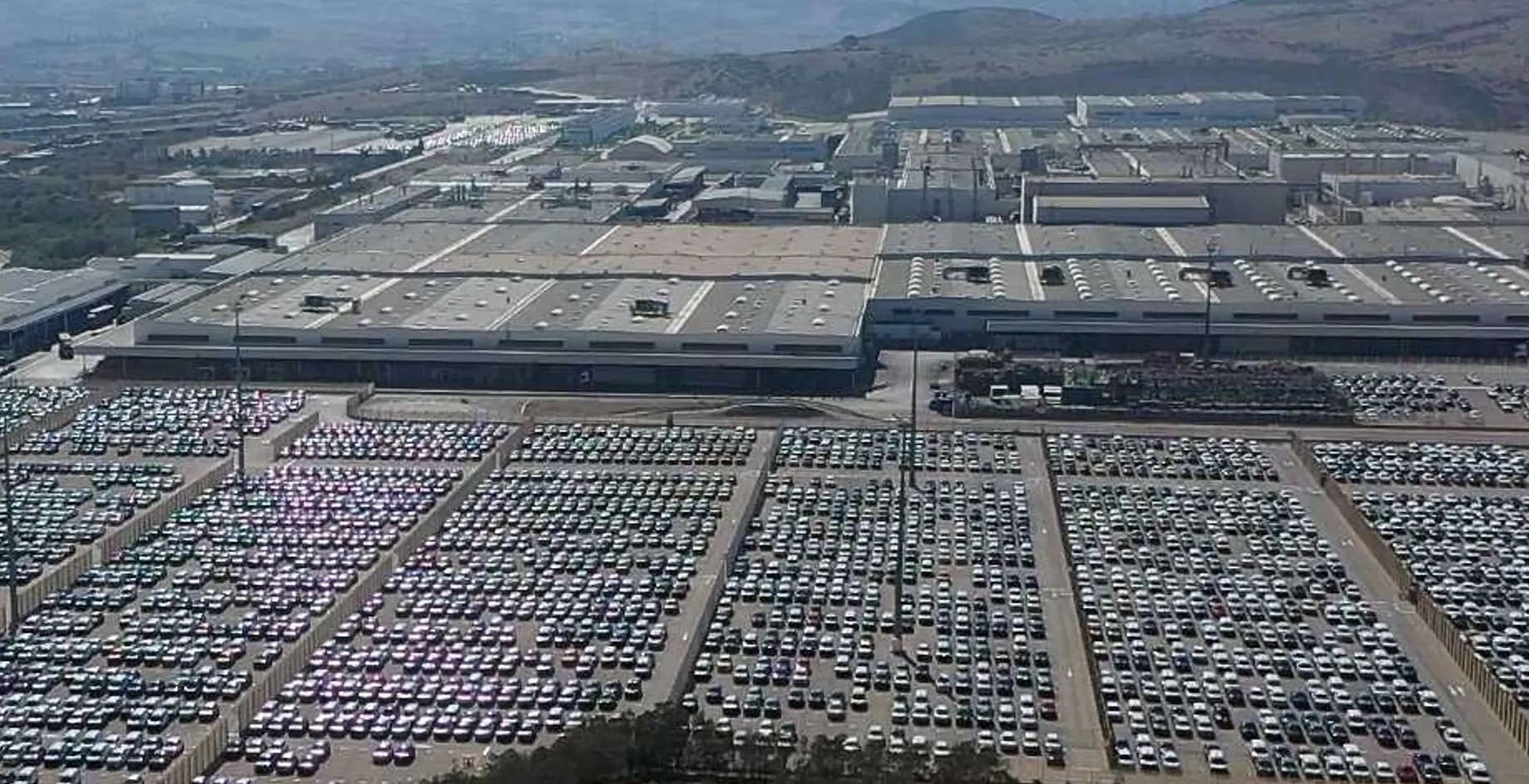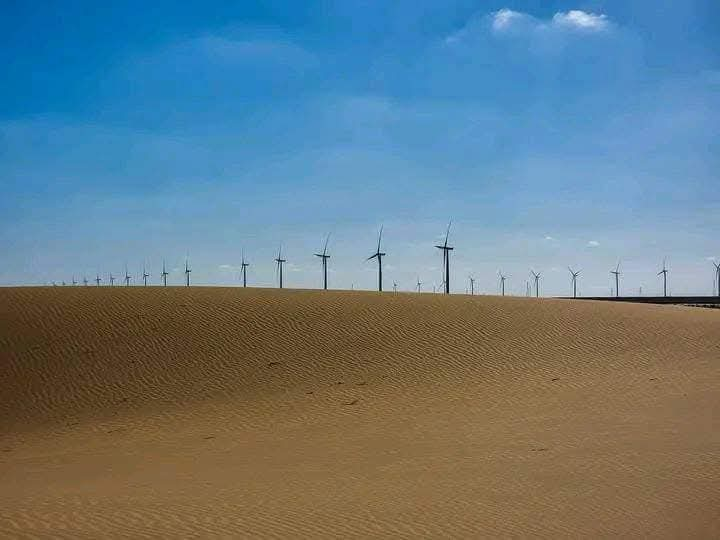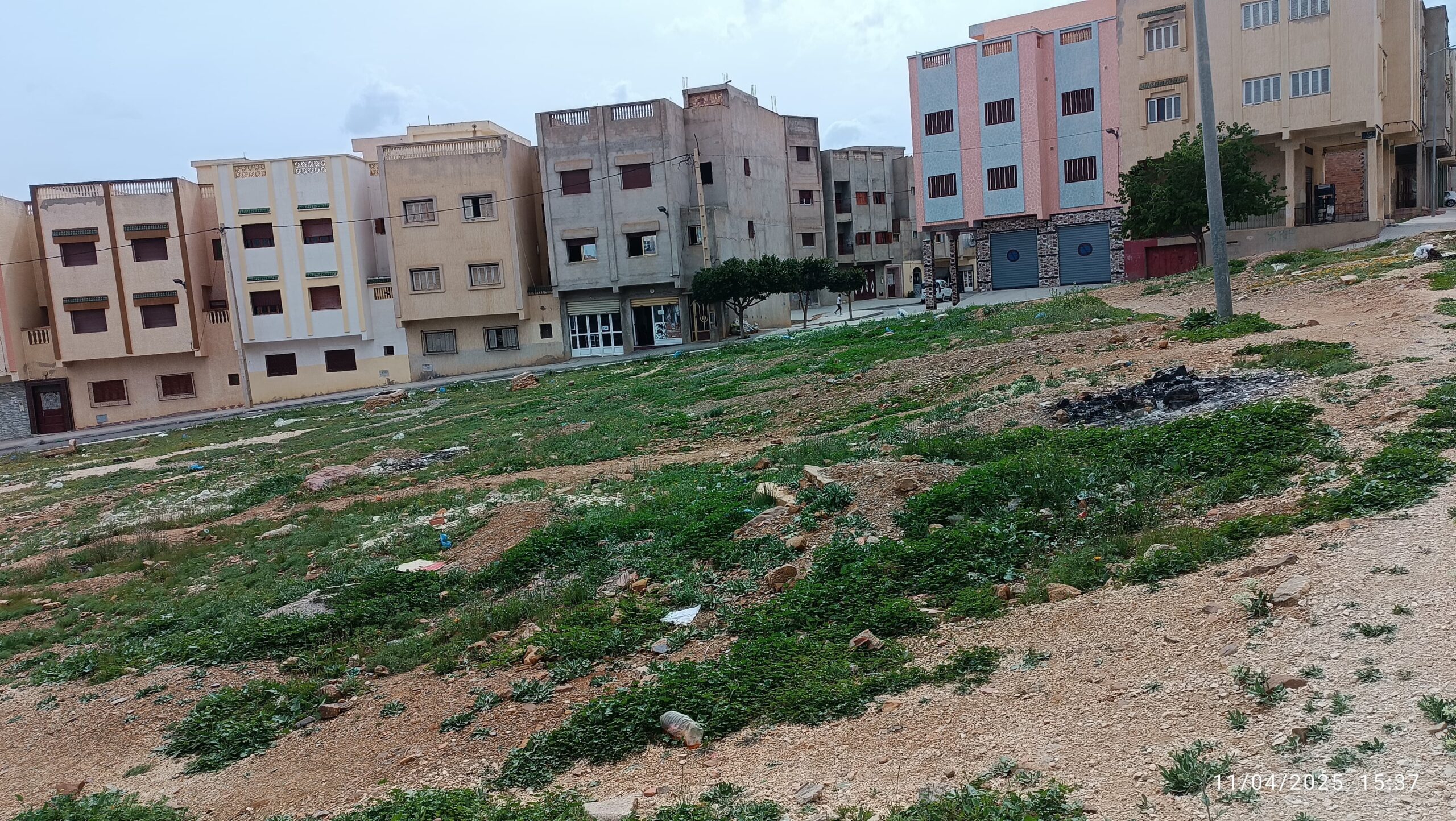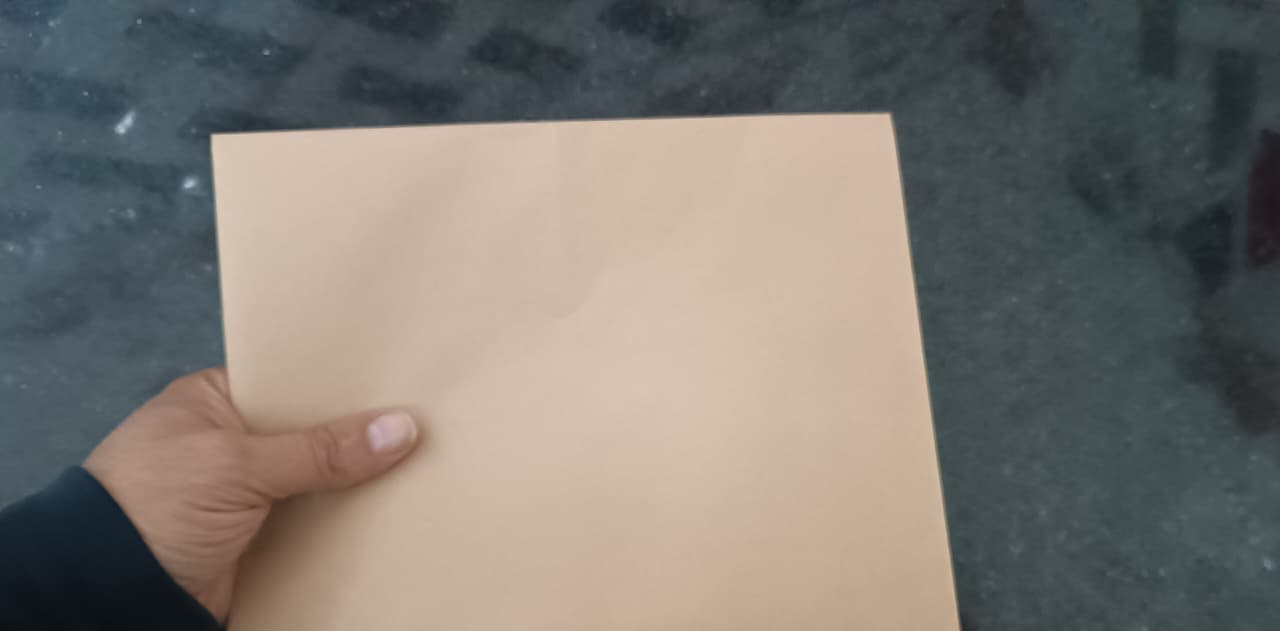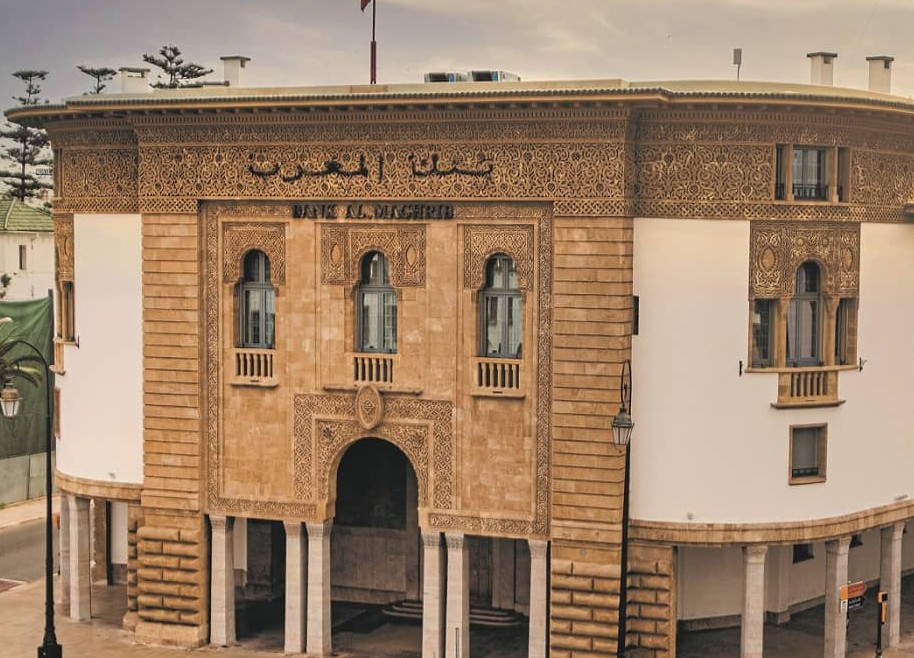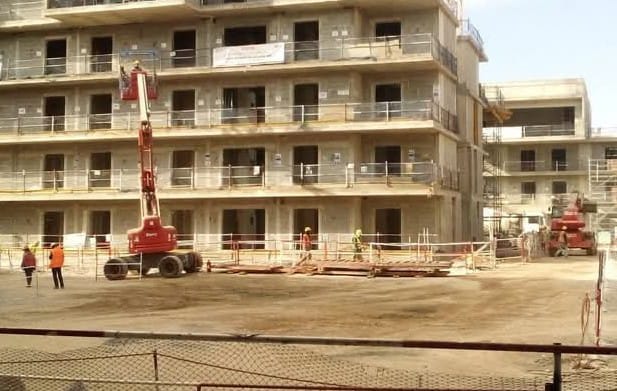Casablanca – The United Kingdom is reinforcing its economic partnership with Morocco, as British companies are increasingly encouraged to invest in the Moroccan Sahara. This trend aligns with London’s pragmatic approach to international trade and its recognition of Morocco as a key economic partner, particularly after Brexit.
British government supports investments in the Moroccan Sahara
The British government recently reaffirmed that its companies are free to conduct business in the Moroccan Sahara without legal or political restrictions. Douglas Alexander, Minister of State for Trade Policy and Economic Security, clarified in an official statement that there are no barriers preventing British firms from exploring opportunities in the region. His response came after an inquiry by Scottish MP Graham Leadbetter, who attempted to equate investments in the Moroccan Sahara with Israeli settlements in Palestine—an argument the UK government firmly rejected.
Alexander emphasized that Britain’s position on Israeli settlements is clear: they are considered illegal under international law, and the UK does not support economic activities there. However, this stance does not apply to the Moroccan Sahara, where trade and investment operate within a legal framework.
A growing economic partnership
The UK’s stance on investments in the Moroccan Sahara is part of a broader economic strategy. Since the Brexit transition, London has sought to strengthen ties with strategic partners, and Morocco has emerged as a crucial gateway to African markets. This partnership was formalized with the UK-Morocco Association Agreement, which came into effect in January 2021, laying the foundation for deeper economic cooperation.
Among the key initiatives under this agreement is a major renewable energy project aimed at supplying clean power from Morocco to the UK. This reflects Britain’s commitment to sustainable development while also reinforcing Morocco’s role as a regional economic hub.
A strategic investment destination
The Moroccan Sahara presents significant investment opportunities, particularly in renewable energy, fisheries, infrastructure, and tourism. The region’s political stability and economic potential make it an attractive destination for international investors. The British government’s endorsement of business activities there is expected to boost investor confidence and encourage further engagement from UK firms.
To facilitate this growing economic relationship, the UK appointed a trade envoy for Morocco and West Africa earlier this year. Ben Coleman, the Labour MP for Chelsea and Fulham, will be responsible for strengthening bilateral trade and investment relations from his base in Morocco.
Implications for regional stability
Britain’s economic approach aligns with the positions of several major international players supporting Morocco’s efforts to develop and stabilize the region. The UK’s support for Morocco’s autonomy initiative under the United Nations framework further reflects its view of the Moroccan Sahara as an integral part of the kingdom’s economic landscape.
By encouraging investments in the Moroccan Sahara, the UK not only strengthens its economic ties with Morocco but also contributes to the broader objective of stability and prosperity in North and West Africa. As London continues to expand its global trade partnerships, Morocco is positioned as a key player in this evolving economic landscape.
